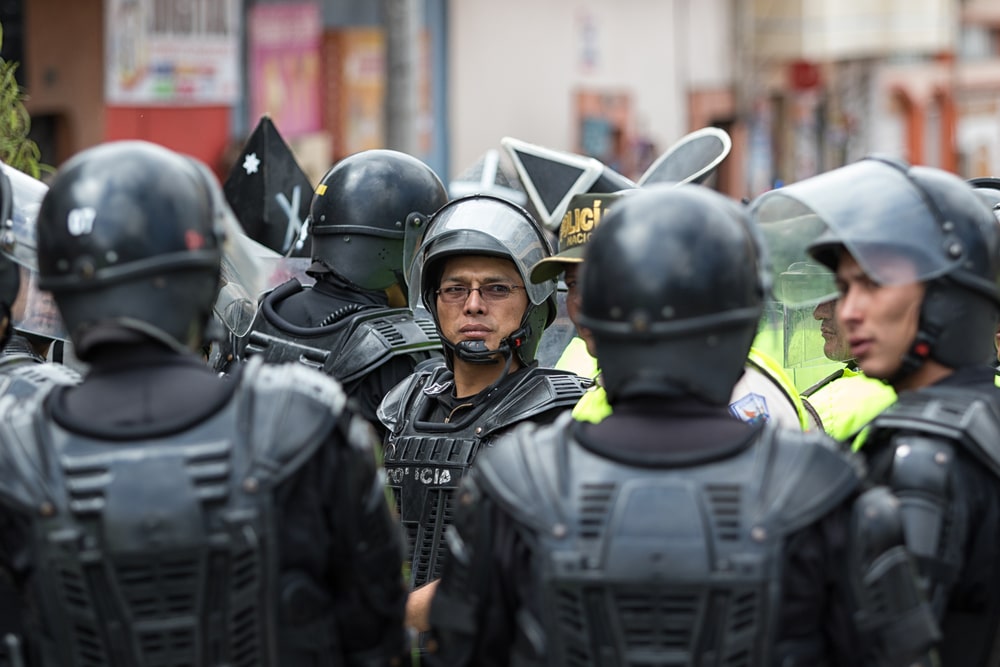Ecuadorian authorities arrest 68 gang members who stormed a hospital in Yaguachi, Guayas province, aiming to protect an injured gang member. The incident highlights rising gang violence, prompting a state of emergency.
In a recent escalation of Ecuador’s gang violence crisis, 68 gang members were apprehended by security forces after storming a hospital in Yaguachi, Guayas province. This incident sheds light on the alarming surge in gang-related activities, prompting a state of emergency declared by President Daniel Noboa. This analysis delves into key facts surrounding the hospital siege, offering insights and context derived from BBC’s coverage.
68 gang members arrested for attempting to take over a hospital in Yaguachi.
Motive: Guarding an injured gang member against potential attacks from rivals.
Previous incidents indicate a pattern of gang members targeting rivals in hospitals.
In 2022, seven gunmen stormed a hospital in Chone, searching for a rival gang member in intensive care.
Nurses and hospital staff were taken hostage during the exchange of gunfire with the police.
The injured man arrived at the hospital with gunshot wounds and later succumbed to them.
Security forces, post-hospital securing, raided a nearby “rehabilitation centre” used by gangs as a front for illegal operations.
President Daniel Noboa declared a state of emergency in response to escalating gang violence.
Over 2,700 suspects arrested since the president’s declaration of a “armed internal conflict” between gangs and security forces.
The hospital siege underscores the intensification of gang violence in Ecuador. The targeted takeover of medical facilities highlights the brazen nature of gangs, posing a serious threat to public safety. President Noboa’s response, declaring a state of emergency, reflects the gravity of the situation and the government’s commitment to curbing gang activities.
Ecuador’s struggle with gang violence is a matter of national concern, with security forces facing unprecedented challenges. The hospital siege not only exposes the vulnerability of public institutions but also emphasizes the urgent need for comprehensive measures to address the root causes of gang-related issues. The state of emergency signifies a crucial juncture in Ecuador’s fight against rampant gang activities.
As Ecuador grapples with the aftermath of the hospital siege and the broader implications of escalating gang violence, it becomes imperative to assess the effectiveness of emergency measures. President Noboa’s response and the subsequent crackdown on gangs will likely shape the trajectory of Ecuador’s battle against organized crime in the coming weeks and months.
This analysis draws insights from BBC‘s coverage, providing a comprehensive overview of the gang-related hospital siege in Ecuador and its implications in the context of the broader state of emergency declared by President Daniel Noboa.



